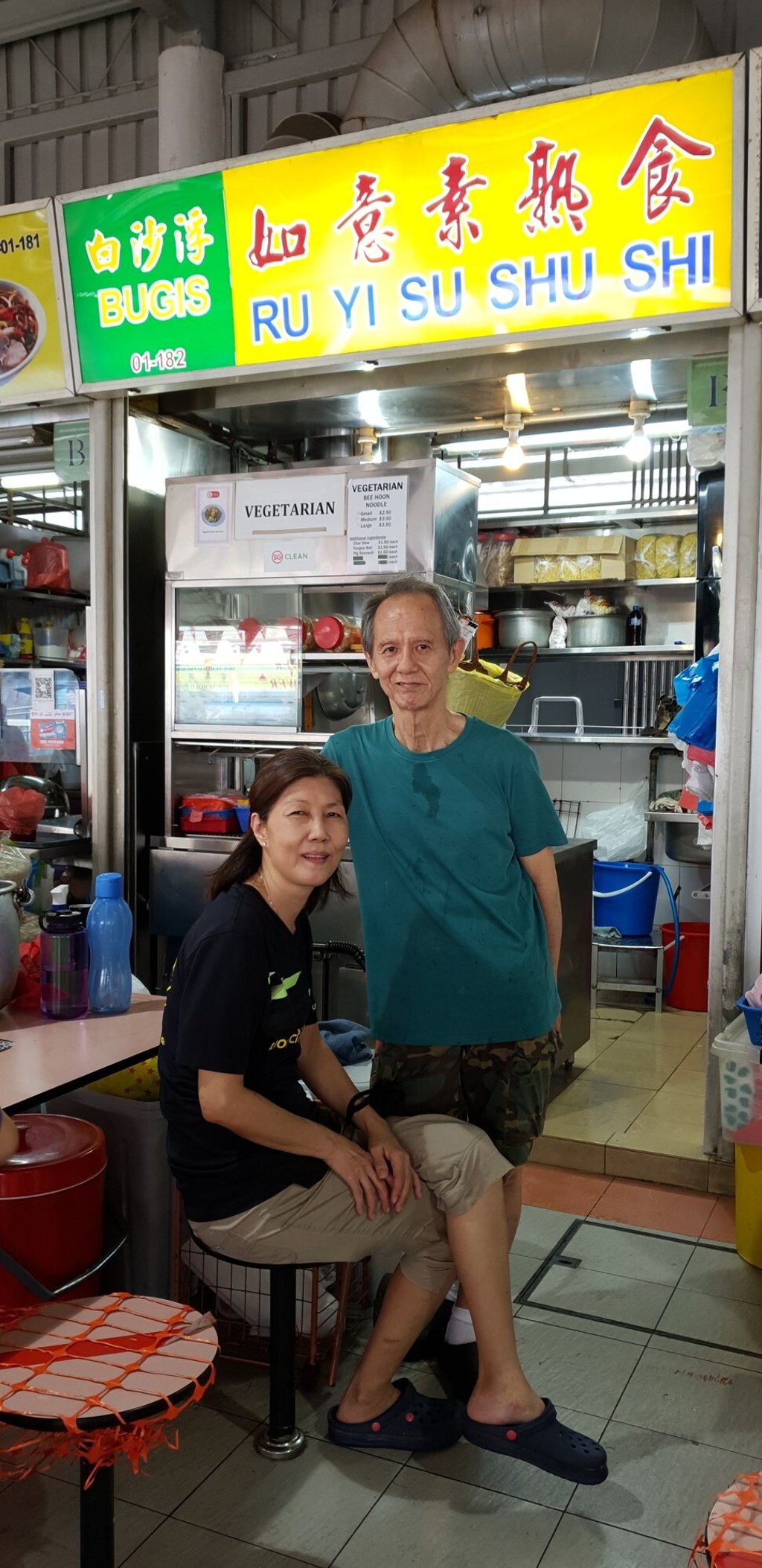As coronavirus batters Singapore’s economy, lost jobs loom as long-term headache
- The impact could be worse than after the 1997 Asian financial crisis, as economic restructuring reshapes industries, destroying some jobs permanently
- In Singapore, the problem is compounded by its rapidly ageing population. More than 35 per cent of its workforce is 50 and older

Philip Leong gets out of bed at 3am every morning to open his food stall in Singapore’s Jurong district. He stands for hours over a sizzling wok, whipping up more than 100 plates of fried vegetarian bee hoon, or vermicelli.
The 68-year-old has been doing this back-breaking work for nearly two decades, yet his life as a hawker was not borne of a particular passion for cooking but rather sheer necessity. In 2002, Leong lost his job as a senior engineering assistant at Singapore Technologies Engineering when the company restructured.
The 1997 Asian financial crisis had taken a devastating toll on the labour market, along with the dot-com crash and the 9/11 attacks in the United States. The effects lasted well beyond the initial drop in economic growth. Singapore lost 23,400 jobs in 1998 in its first employment contraction since the mid-80s recession. Between 1998 and 2002, only 102,000 jobs were created – just one-fifth of the 474,800 jobs created during the boom years 1993-97.

“I was already 50 years old at the time. It was going to be very difficult for me to start over again,” said Leong, whose two sons were still in primary school. He and his wife had also just collected the keys to a new apartment.
“The market was also flooded with a lot of diploma-holders. I only had an O-Level certificate. How was I going to compete with them?”
Leong was fortunate to be able to fall back on his mother’s food stall for income. Many of his peers spent years trying to re-enter the workforce while others were forced into early retirement.